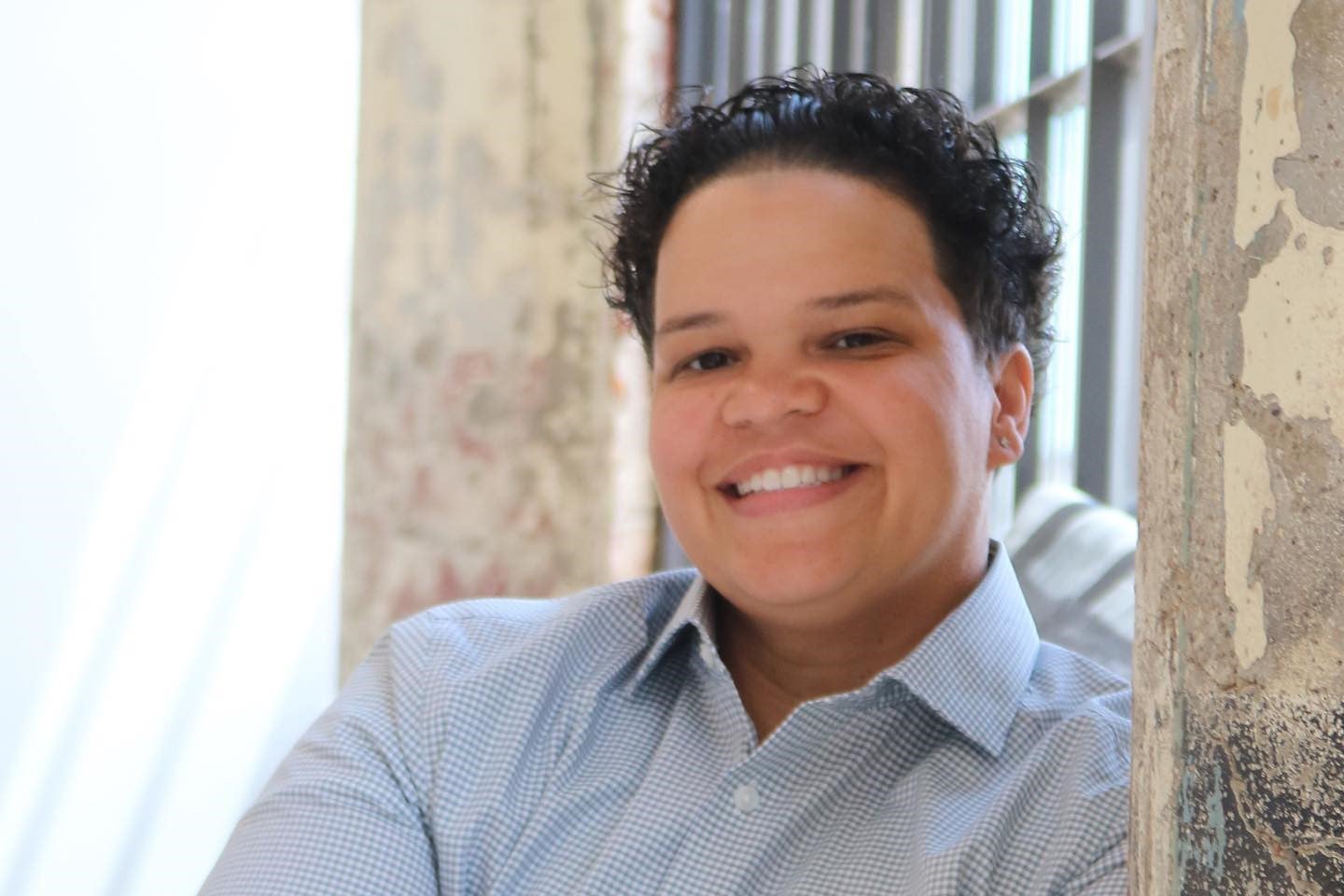Luther College professor develops test to analyze prevention behaviors during pandemic
Frequent hand washing, keeping physical distance from others and wearing a face mask are just a few of the behaviors the Centers for Disease Control and Prevention (CDC) suggests in order to protect one's health and the health of others during the COVID-19 pandemic.
Loren Toussaint, Luther College professor of psychology, says without an effective treatment or vaccine, following CDC guidance is our most promising response to preventing or stopping COVID spread. But how does one know if those around them are taking the proper precautions?
"There has been virtually no attention to developing a valid test to assess who is acting in healthy ways and who is not during a pandemic. We lack adequate viral testing, but we also lack sufficient behavioral testing measures," said Toussaint. "We know what predicts people's usage of things like seat belts, bike helmets and life vests, but we don't know that much about what may cause someone to wear a mask, clean the door knobs or keep strict distance with others outside their home."
That is where the Clean and Contain Scale comes in. "Of all the things we're being asked to do, it really comes down to two main themes: keep things clean and keep your germs to yourself. That is what our research shows, and that is why we call it the Clean and Contain Scale."
Toussaint, along with Alyssa D. Cheadle, Ph.D., Hope College; Jesse Fox, Ph.D., Stetson University; and David R. Williams, Ph.D., M.P.H., Harvard University, developed the measure, which consists of nine questions asking how often one completes specific behaviors. Responses were based on a five-point scale with choices: 1 = Never, 2 = Sometimes, 3 = About half the time, 4 = Most of the time, and 5 = Always.
"Measuring and understanding people's behavior is key to helping them change it. That is why we developed this measure"”to help us understand and thereby inform healthy infection-prevention behavior across the communities, states and nations that are so severely affected by the pandemic," said Toussaint. "It is important to note that a scale like this measures your tendencies to do these things, so it doesn't have to ask about every possible behavior. The higher your score, the more likely you are to do lots of healthy things to prevent infection and/or spread of the coronavirus."
Toussaint and his colleagues tested the validity of the Clean and Contain Scale with the help of more than 800 research participants. Within this group, the researchers found participants were more likely to comply with containing behaviors (keeping physical distance from others, covering one's nose and mouth when coughing or sneezing, etc.), than with cleaning behaviors (use of hand sanitizer, cleaning and disinfecting frequently touched surfaces, etc.) in all studies. The most highly complied-with cleaning health behaviors were avoiding touching one's face and using hand sanitizer. The most highly complied-with containing health behavior was throwing used tissues away. Hispanic ethnicity was related to greater compliance with containing across all three studies. Other demographic characteristics showed little to no correlations with the scales.
"We hope the Clean and Contain Scale will be widely used by organizations of all types (e.g., businesses, schools, colleges, churches) to help their members understand what they are doing well and what they might be able to improve upon. Organization leaders might note that their members are great at cleaning but not containing and this might be a useful insight that guides education, especially daily reminders, emails, text messages, etc. prompting people to be vigilant about containing the spread of the virus," said Toussaint.
The Clean and Contain Scale has initial evidence of reliability and validity and can be used with confidence that it assesses health behavior with some accuracy. "Clean and Contain: Initial Development of a Measure of Infection Prevention Behaviors during the COVID-19 Pandemic" by Toussaint and his colleagues was published in the "Annals of Behavioral Medicine" in August.
Luther College is home to more than 1,900 undergraduates who explore big questions and take action to benefit people, communities and society. Our 60+ academic programs, experiential approach to learning and welcoming community inspire students to learn actively, live purposefully and lead courageously for a lifetime of impact. Learn more at luther.edu.
###
About Loren Toussaint, Ph.D.
Dr. Loren Toussaint is a professor of psychology at Luther College in Decorah, Iowa. He is a consultant to Mayo Clinic, Cancer Treatment Centers of America, Boise State University and the associate director of the Sierra Leone Forgiveness Project. Dr. Toussaint's research examines virtues, especially forgiveness, and how they are related to health and well-being. He and colleagues recently published a compendium of research titled: "Forgiveness and Health: Scientific Evidence and Theories Relating Forgiveness to Better Health" (Springer). Dr. Toussaint directs the Laboratory for the Investigation of Mind, Body, and Spirit at Luther College. He encourages "everyday forgiveness" to build resilience and minimize stress in families, schools, healthcare, workplaces and communities.
Related Posts

“Black History Month is an opportunity to reflect on the histories, contributions and resilience of Black communities,” said Khadija Ramadan ’26, president of the Black Student Union.

Luther College is celebrating LGBTQ+ History Month in October with a guest speaker, a film showing and participation in Decorah Pride Week events.
Contact Information
Michelle Volkmann
Media Relations Specialist
Phone: 563-387-1417